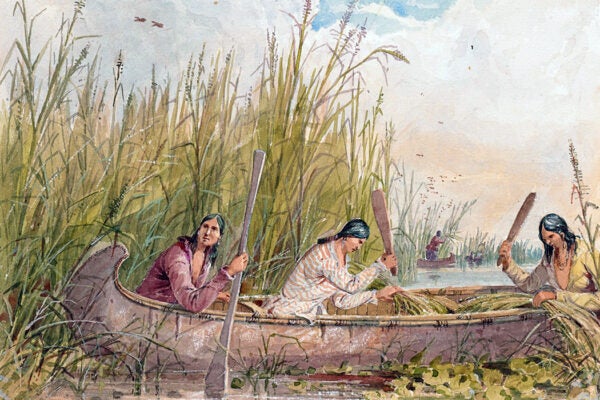Can corals digest plastic? Are gasoline cars about to disappear from our roads? Does the ecolabel on your frozen salmon package mean you’re buying a sustainable dinner—or is there a catch? These deeply researched stories consider the scientific evidence.
Corals May Have a Taste for Dangerous Plastic (The New York Times)
It may sound like the stuff of science fiction, but corals can indeed eat plastic. Scientists have observed coral organisms nibbling on broken down plastic fragments in lab settings. That means that in the ocean, where large swaths of plastic debris have already broken down into micro- and nano-fragments, these delicate marine organisms may be regularly gobbling up synthetic junk food. But is this a good thing?
Related Sustainability Content on JSTOR: Proceedings of the National Academy of Sciences
The Ecolabel Fable (Hakai Magazine)
Your fresh sushi or your frozen fish package may come with a bunch of sustainability stamps—Non-GMO, Ocean Wise, Responsibly Farmed, and others. Studies find that consumers take ecolabling seriously. But some of these labels may mean nothing at all.
Related Sustainability Content on JSTOR: Journal of Agricultural and Resource Economics
Can California Eliminate Gas Cars? (Scientific American and E&E News)
Californians once embraced car culture. Now the state is considering a ban on petroleum-powered vehicles. This may come as a surprise, but California paved the way for its first electric automobiles nearly 20 years ago, when it passed a law requiring that two percent of its 1998 model year cars had to be “zero emissions.” Can gas cars be phased out entirely? Experts weigh in.
Related Sustainability Content on JSTOR: Science







